Christopher Lee Kapenga President of the Wisconsin Senate | Official Website
Christopher Lee Kapenga President of the Wisconsin Senate | Official Website
According to the Wisconsin State Legislature's official website, the bill was described as follows: "prohibiting gender transition medical intervention for individuals under 18 years of age".
The following is our breakdown, based on the actual bill text, and may include interpretation to clarify its provisions.
In essence, this bill prohibits health care providers from engaging in or making referrals for gender transition medical interventions for individuals under 18, aiming to prevent changes made to a minor's body to align with a sex different from their biological sex. Exceptions are made for treatments based on good faith medical decisions for minors with verifiable genetic disorders of sex development, for addressing complications or exacerbations of gender transition procedures, or when a minor faces a life-threatening condition that necessitates urgent medical intervention. It mandates revocation of licenses for providers who violate these prohibitions. Furthermore, the bill provides for a six-month delay before taking effect, allowing minors currently under such treatments to taper off medications like puberty blockers or cross-sex hormones under medical supervision.
The bill was co-authored by Representative Scott Allen (Republican-82nd District), Senator Steve L. Nass (Republican-11th District), Senator Romaine Robert Quinn (Republican-25th District), Senator Eric Wimberger (Republican-2nd District). It was co-sponsored by Representative Elijah R. Behnke (Republican-6th District), Representative Lindee Rae Brill (Republican-27th District), and Representative Robert Brooks (Republican-59th District), along 19 other co-sponsors.
Chris Kapenga has authored or co-authored another 10 bills since the beginning of the 2025 session, with none of them being enacted.
Kapenga graduated from Calvin College in 1994 with a BA.
Kapenga, a Republican, was elected to the Wisconsin State Senate in 2015 to represent the state's 33rd Senate district, replacing previous state senator Paul Farrow.
In Wisconsin, the legislative process starts when a senator, constituent, group, or agency proposes an idea for a bill. After drafting, the bill is introduced, numbered, and referred to a committee for review and public input. If approved, it moves through three readings and votes in both the Senate and Assembly. Once both chambers pass the same version, the bill goes to the governor, who can sign it, veto it, or let it become law without a signature. Only a small share of bills introduced each session ultimately become law. You can learn more about the Wisconsin legislative process here.
| Bill Number | Date Introduced | Short Description |
|---|---|---|
| SB157 | 03/27/2025 | Prohibiting gender transition medical intervention for individuals under 18 years of age |
| SB154 | 03/21/2025 | Requiring the Department of Health Services to seek any necessary waiver to prohibit the purchase of candy or soft drinks with FoodShare benefits. (FE) |
| SB81 | 02/26/2025 | School district operating referenda |
| SB4 | 01/24/2025 | Agreements for direct primary care |
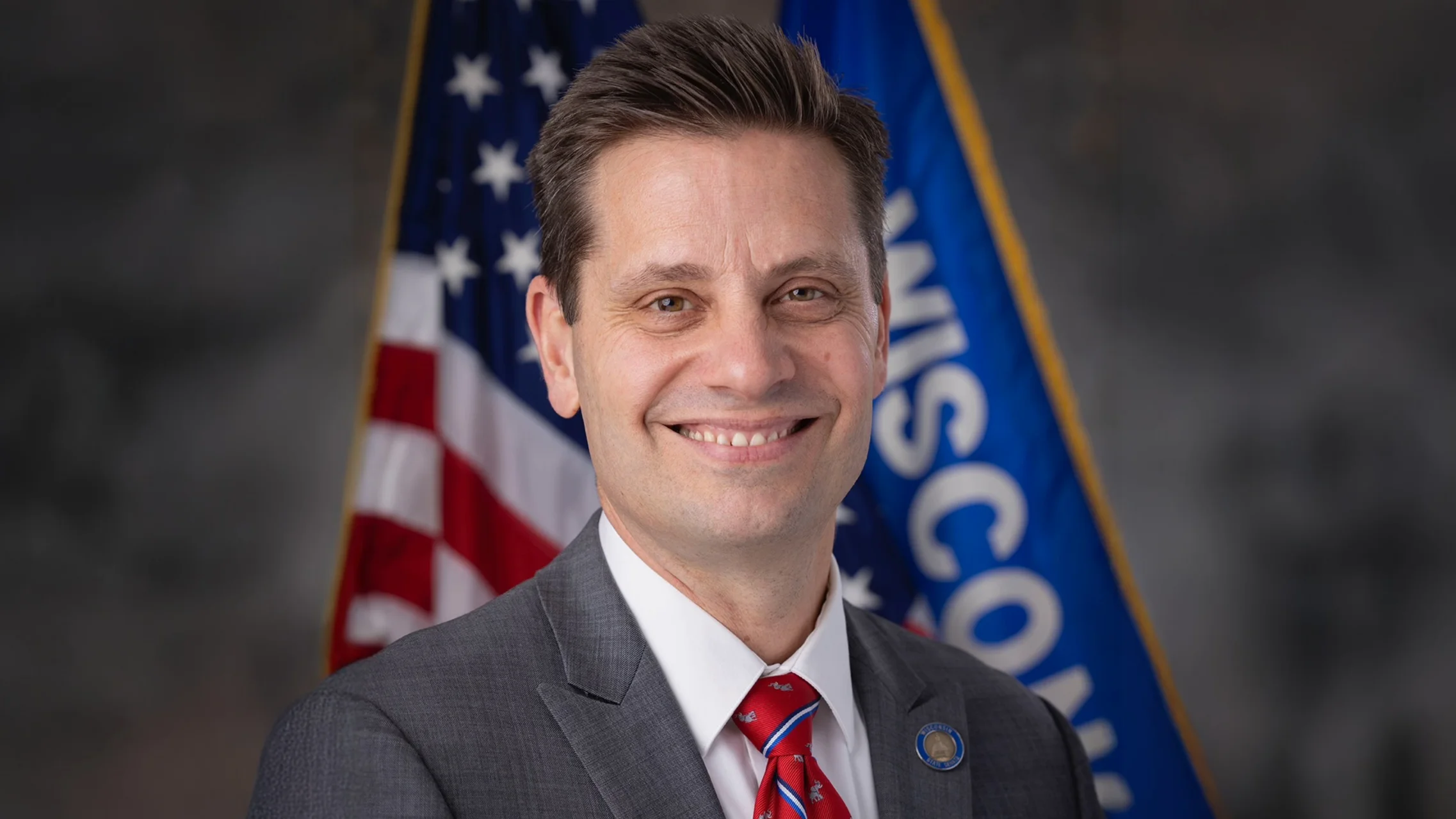
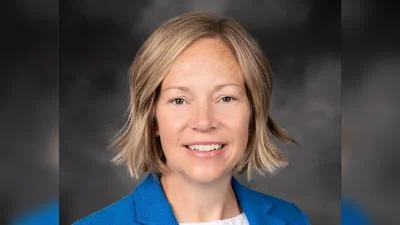
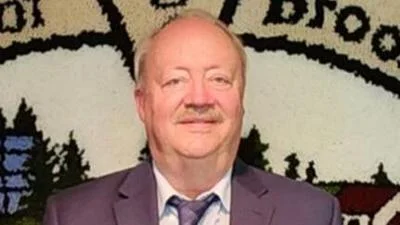
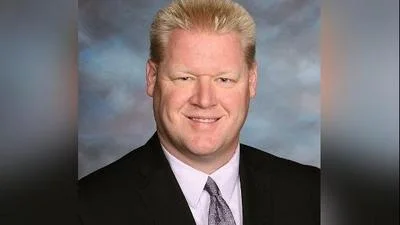
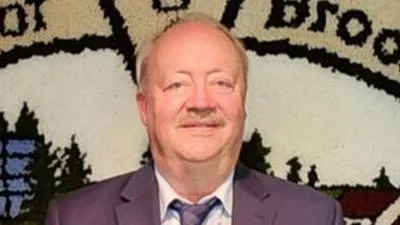

 Alerts Sign-up
Alerts Sign-up